Why Doesn’t the Islamic World Have a Superpower to Challenge Israel?
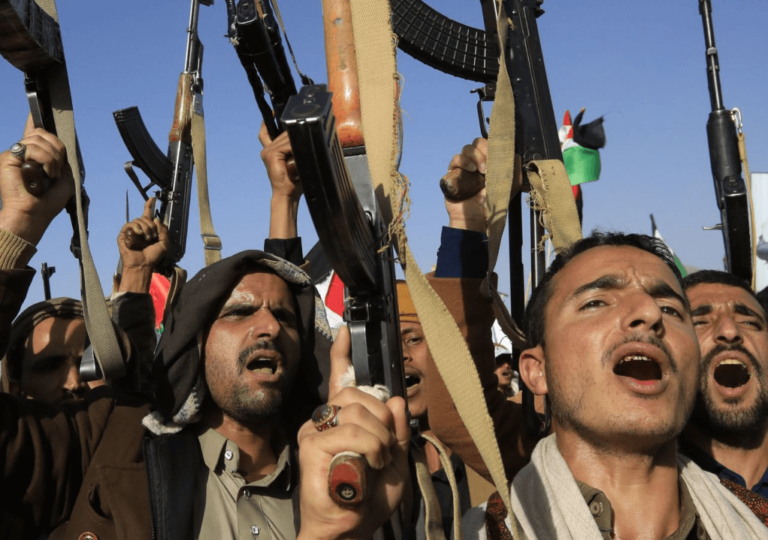
The Islamic world lacks a superpower to challenge Israel due to U.S. dominance and weakened regional leadership

The Islamic world lacks a superpower to challenge Israel due to U.S. dominance and weakened regional leadership
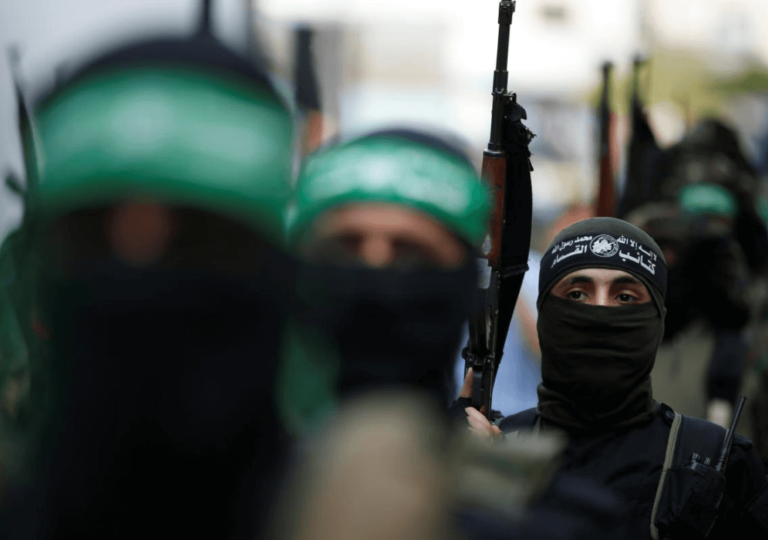
Gaza conflict fuels radicalization among youth, raising global terrorism concerns
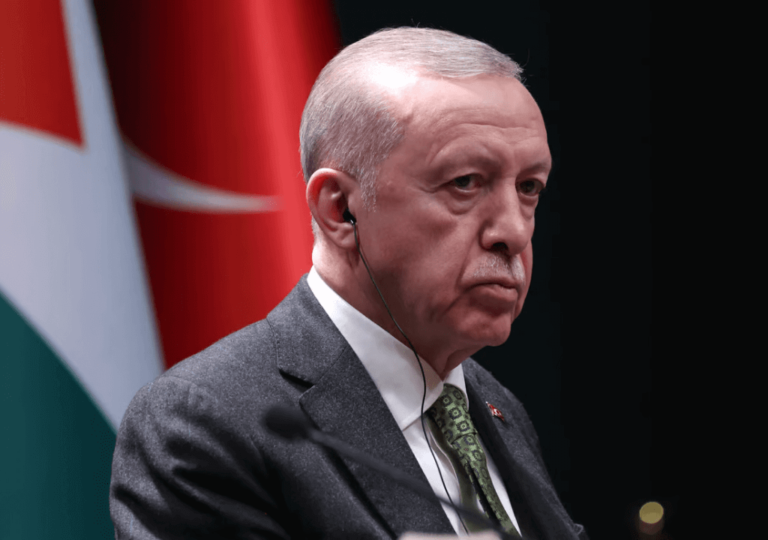
Turkey's Erdogan hints at possible intervention in Gaza amid rising tensions with Israel
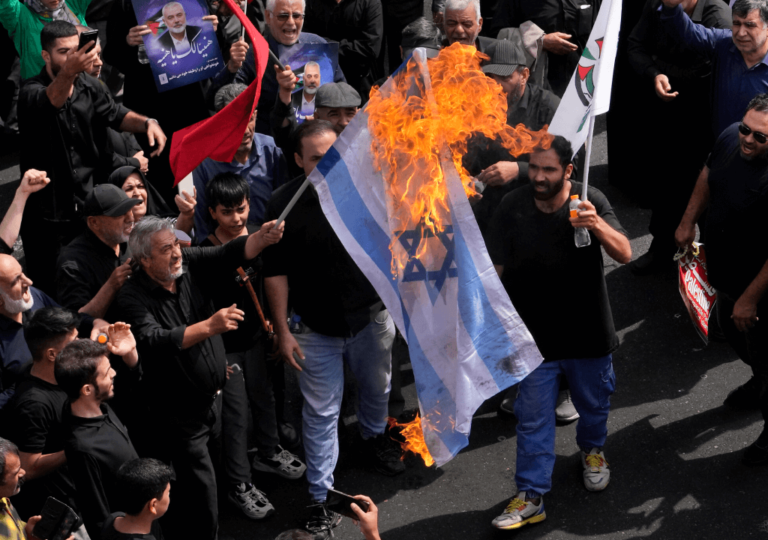
Iran feels humiliated after Israel's assassination of Hamas leader Haniyeh in Tehran
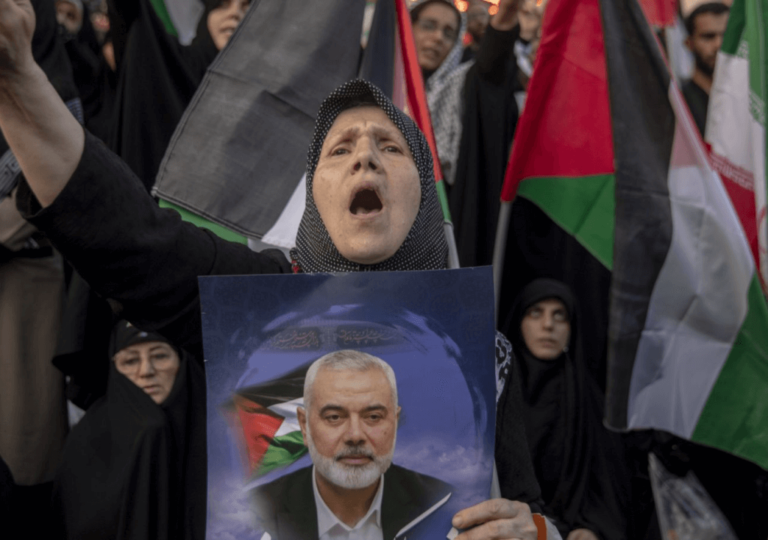
Israel dealt severe blows to Hamas and Hezbollah, killing key leaders amid ongoing conflict
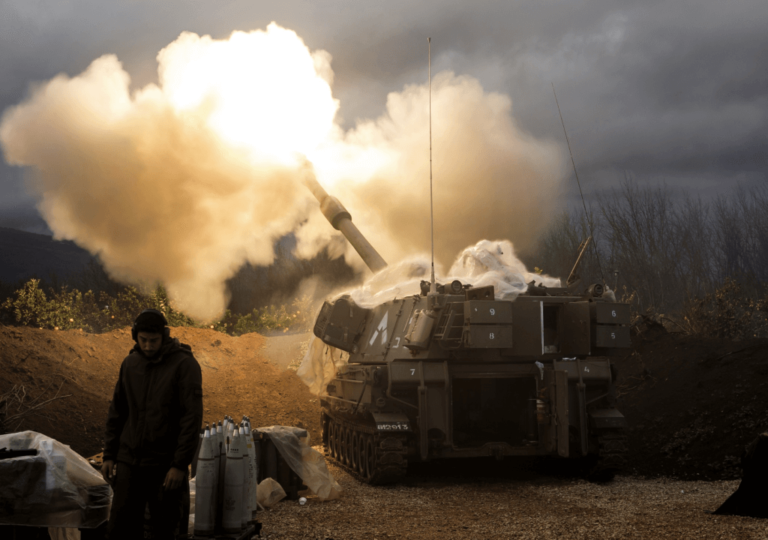
Israel strikes Beirut, targeting Hezbollah commander amid rising tensions and casualties
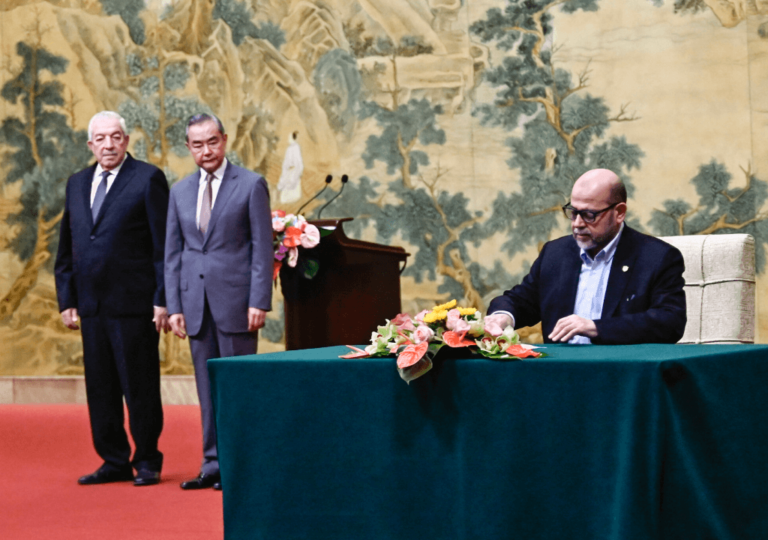
China brokers Palestinian unity deal, but doubts remain over its impact on Gaza crisis and Israel's response
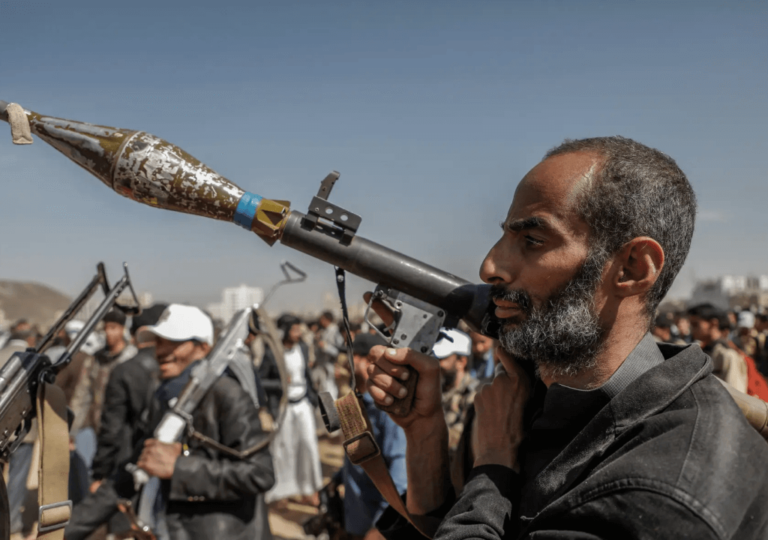
Houthi drone strikes Tel Aviv, marking a significant breach of Israel's defenses
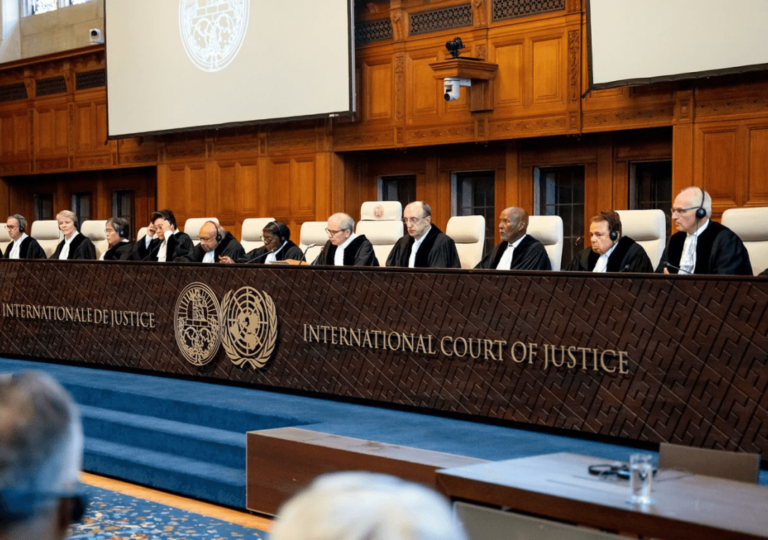
The ICJ orders Israel to end its West Bank occupation, marking a pivotal moment
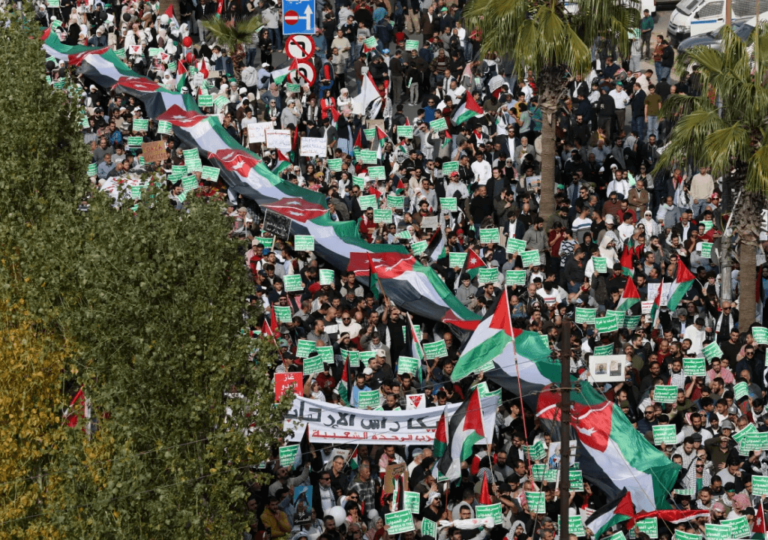
Rising tensions in Gaza trigger complex responses from Jordan, a key regional player with close ties to Israel and the US, as it navigates public outrage and its own constraints